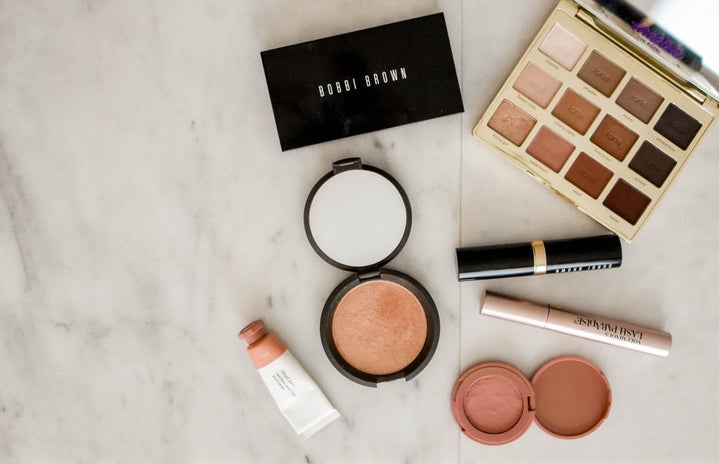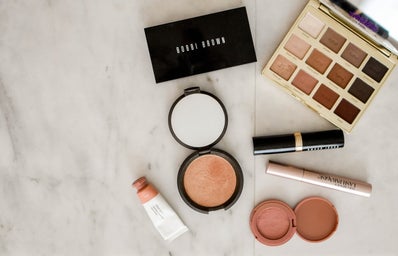I have always loved the transformative power of beauty products. It was hard to tell if I enjoyed an involved beauty regimen in a self-care sort of way, or if it was out of insecurity. Whether I liked the way it changed my appearance, or if it was a confidence boost placebo, I couldn’t tell. All I knew was that in middle school, one of my favourite things to do was browse Sephora, my local drugstore and makeup counters in department stores. Even if I didn’t need anything, I liked testing out the newest makeup, skincare, nail, hair and fragrance products. Last year, I came across an undercover YouTube video, that showed the heinous torture animals go through in cosmetic testing labs and made the switch to cruelty-free beauty.
Many people nowadays care about animal welfare and want to make consumer changes to reflect these values. However, making these changes can drastically affect your lifestyle. Not everyone can be a vegan or vegetarian because diets are not one size fits all. Depending on the climate someone lives in and if they work outdoors, a down fur coat might still be the warmest option in comparison to synthetic alternatives. There are many accessible, affordable cruelty-free beauty products on the market that perform well. Finding a new perfume once your current bottle is finished, is a relatively easy switch to make, in order to minimize the suffering of innocent animals.
There are alternatives to testing cosmetics on animals and the only reason big beauty conglomerates haven’t switched is because it costs more money or it is more time consuming, or in other words, they simply don’t care. In recent years, especially in light of the worsening climate crisis and the financial woes the pandemic has put on the common man, many are starting to prioritize the ethics of the businesses they support. EpiSkin is a company that has created artificial human skin in order to test cosmetics. This artificial skin reacts in the same manner human skin does and has been used to test the effectiveness of sunscreen. MatTek is a company that has created lab-grown tissues to test cosmetics. The reason beauty brands haven’t made the switch yet is because these methods are more expensive and have a longer growth rate than animals. The lab-grown tissues take a longer time to become reusable than it is for a baby animal to be born and become the ideal age for testing. It is difficult to empathize with multi-million and billion-dollar companies that refuse to invest in these clinical study techniques because of their own greed.
With beauty brands and the FDA being so adamant on animal testing protocols with beauty products, I can’t help but wonder, what ingredients in these products are so potentially dangerous that they have to be tested in this gruesome way? In Europe, animal testing on beauty products was banned in 2009. In Europe, there are 1328 chemicals that are not allowed in beauty products. In the USA, there are only 11 chemicals that are not allowed in beauty products. Companies should be pressured to use safer ingredients and formulations and should be tested by the owners of the brand. It makes sense that the owner of the brand, who is directly profiting off of selling these potentially dangerous products, should be the first one to use their own products, and see if it gives them health problems, instead of the masses. Some argue that testing cosmetics on people is more effective than animal testing because our biology is so different, that the clinical trial results from an animal are not representative of how the product would affect a human.
Perhaps the most compelling reason to switch to cruelty-free beauty is that it’s just that, beauty. One could argue that cosmetic animal testing seems like a frivolous non-issue to take on, and that can be used to further prove my point. While a beauty routine, in particular for women, is a personal ritual of sorts, it is not the end of the world to not repurchase your favourite blush or find another lip gloss that works for you. I’m not writing about the effectiveness of testing life-saving medicines on animals, that is a different article for another day. My best recommendation is to take your favourite product to your local beauty supply and ask if they have a cruelty-free dupe. Spending your hard-earned money with companies that share your values is the only way to grab their attention and pressure them to make changes. Changes that should have happened a long time ago.


